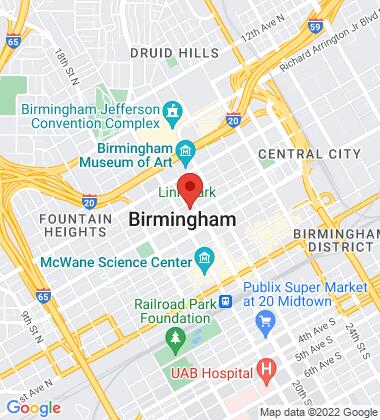Did you know that Alabama has a law on the books that prohibits individuals from displaying bumper stickers with obscene language on them? The law does not only apply to bumper stickers but also to any sign or writing displayed in public that depicts “obscene language descriptive of sexual or excretory activities.”
But doesn’t the First Amendment protect a person’s right to free speech? Is Alabama’s obscene bumper sticker law constitutional?
What Does the First Amendment Protect?
Under the First Amendment, the government cannot enact laws that would prohibit people from freely expressing themselves. However, over the years, the U.S. Supreme Court has struggled with what exactly constitutes free speech.
According to the United States Courts, the following acts are protected under the First Amendment:
- Not expressing oneself
- Wearing black armbands in protest of war
- Conveying political messages using offensive words and phrases
- Contributing money to political campaigns
- Engaging in symbolic speech
However, freedom of speech does not include:
- Using words that may cause harm to others
- Creating or distributing obscene materials
- Burning draft cards to protest war
- Students making obscene speeches or advocating illegal drug use at school-sponsored events
Looking at the lists above, it appears that Alabama’s bumper sticker law is constitutional, as obscene materials are not protected under the First Amendment. However, that does not mean the application of the state’s law has not been challenged.
What Is Considered Obscene?
Just as there have been struggles in determining what constitutes free speech, courts have also met challenges in defining what is considered obscene. When handling a case involving a violation of an obscenity law, courts may use a three-prong test, commonly referred to as the Miller test, to determine whether or not a piece of material is protected under the constitution.
The 3 conditions of the Miller test that must be met are:
- Whether a reasonable person would consider the material to appeal to a prurient (or indecent) interest in sex
- Whether the material offensively describes sexual conduct as defined by state law
- Whether the material lacks serious literary, artistic, political, or scientific value
In Baker v. Glover (1991), a federal district court in Alabama applied the Miller test to determine whether or not a truck driver’s bumper sticker violated the state’s displaying obscene material law. The bumper sticker was a parody of the kind seen on the backs of trucks that ask “How’s My Driving? Call 1-800-999-9999.” Instead of displaying a 7-digit phone number, the bumper sticker had a phrase that contained a curse word.
The court stated that the words depicted on the trucker’s bumper sticker did not appeal to a prurient interest in sex, and the man was not trying to “excite sexual deviants” by displaying the material. It also stated that Alabama’s law does not address “indecent” or “profane” language that could be considered harmful to children. The bumper sticker was considered protected under the First Amendment.
However, the court did not decide on the constitutionality of Alabama’s obscene material statute and stated that a person might violate the law if their bumper sticker contained language other than what was on the trucker’s.
Obscene speech is not protected under the First Amendment; however, whether a person can be charged under Alabama’s law concerning this type of speech depends on the material being displayed.
For the Defense You Need to Fight Charges, Call Tidwell Law Group, LLC Today
Are you facing criminal charges in Birmingham? If so, reach out to our skilled attorney as soon as possible. We aggressively defend against a variety of charges, including drug crimes and violent crimes. We will examine your situation and thoroughly prepare for your case to build a strong legal strategy and protect your rights.
For a free consultation, call us at (205) 536-7770 or contact us online.

